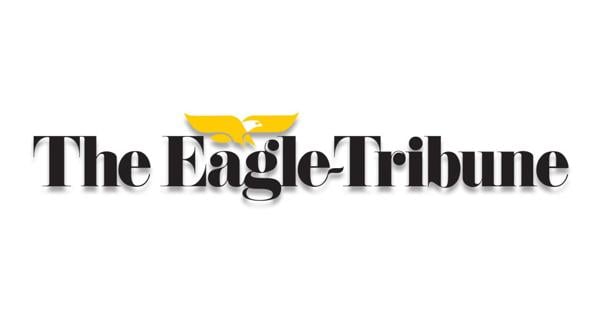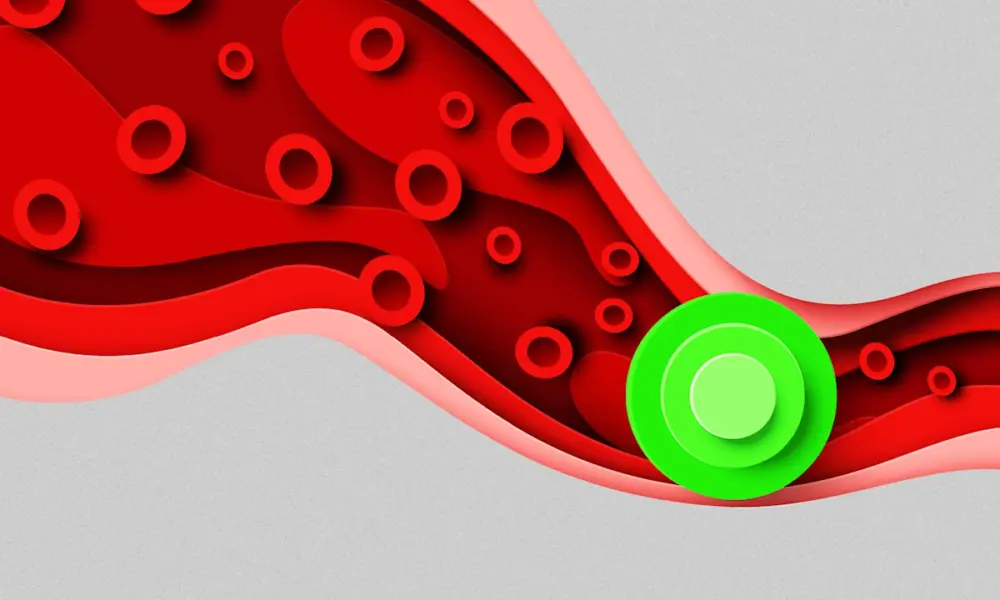Genentech, a member of the Roche Group, announced significant findings from the Phase III INShore study of its drug Gazyva® (obinutuzumab) for children and young adults suffering from idiopathic nephrotic syndrome (INS). The study, which included participants aged between 2 and 25 years, demonstrated that Gazyva led to a higher rate of sustained complete remission compared to mycophenolate mofetil (MMF) after one year.
The primary endpoint of the study was met, with patients on Gazyva attaining sustained complete remission, defined by the absence of relapses and a low protein-to-creatinine ratio of 0.2 or less at week 52. These results reflect both statistical significance and clinical relevance, suggesting that Gazyva may offer a valuable treatment option for this patient population.
Key Findings and Safety Profile
In addition to the primary endpoint, certain crucial secondary endpoints were also achieved, reinforcing the overall effectiveness of Gazyva. Importantly, the study did not reveal any new safety signals, and the safety profile remained consistent with what has been observed in adult populations previously treated with Gazyva.
According to Genentech, the results are encouraging for the management of idiopathic nephrotic syndrome in younger patients, a condition often marked by significant health challenges and treatment difficulties. The company emphasized their commitment to developing therapies that address unmet medical needs in pediatric populations.
The INShore study results mark a notable advancement in the treatment landscape for INS, which is characterized by heavy proteinuria and can lead to serious complications if not adequately managed. Gazyva’s potential to provide a new, effective treatment option could significantly improve outcomes for children and young adults affected by this condition.
Genentech plans to share these findings with regulatory authorities as part of their efforts to bring Gazyva to market for this specific age group. As the company moves forward, it hopes that these results will pave the way for broader access to effective therapies for those battling idiopathic nephrotic syndrome.
In summary, the Phase III INShore study illustrates the promise of Gazyva in treating idiopathic nephrotic syndrome in a younger demographic, with results that could reshape treatment approaches in pediatric nephrology.






